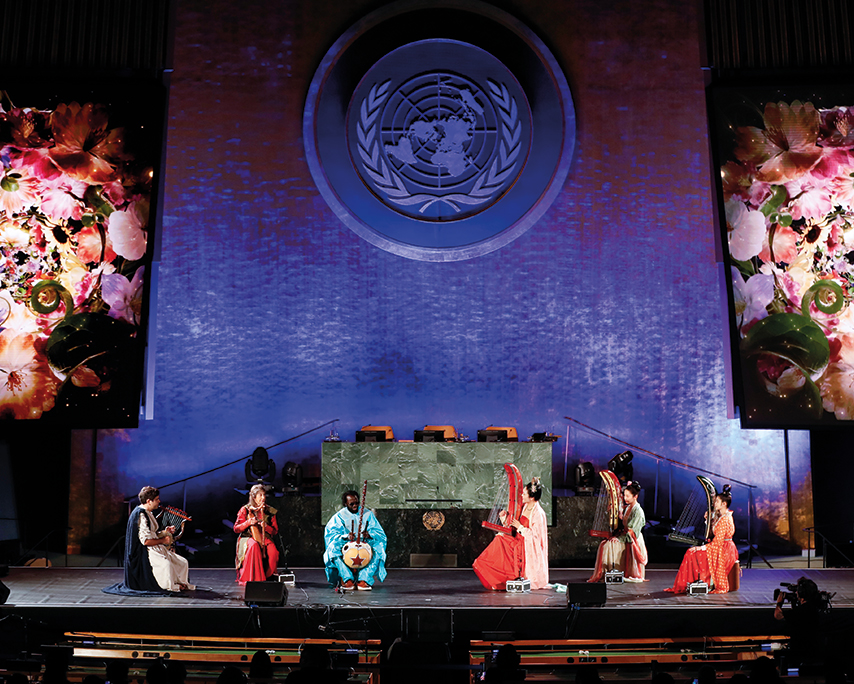International Day for Dialogue among Civilizations
If you are not letting others test your ideas, are they ready yet?
Too many professional reports, strategies, and thought pieces are polished in isolation, launched into the world, and promptly forgotten. Not because they are wrong but because they were never tested. Never sharpened. Never part of a real conversation.
If we want to lead with insight—not just information—we must stop treating publishing as a solo act.
As the world commemorates International Day for Dialogue among Civilizations, a day that reminds us of the power of open exchnage across cultures, it is worth refelcting on the value of dialogue within our professional communities too. In busines-to-business publishing, peer review is that dialogue. It is not a luxury, but a responsibility.
Professionals spend months pulling together data, insights, and recommendations. But somewhere between the final draft and the final layout, something vital is missing: feedback from peers who understand the stakes.
Peer review is not about nitpicking grammar or rearranging bullet points. It is about asking the hard questions such as: Does this reflect what actually happens on the ground? Are the assumptions sound? Or have we made the leap from theory to action?
When we skip this step, we do not just weaken the work—we weaken trust in the process. Reports that could have shaped decisions get ignored. Policies that should have moved the needle fall flat. And valuable insights die quietly on a PDF page.
In our line of work, time is tight. Budgets are lean. The temptation is to “get it out the door.” However, professionals know that quality is not just in the writing but in the rigour. And rigour comes from inviting other sharp minds into the process.
True peer review is not about ego. It is about accountability. It says: “I believe in this work enough to let it be questioned.” That is not weakness. That is leadership.
Why this matter, especially in our context
In Africa’s fast-evolving professional landscape, we are often racing to keep pace with shifting developmental, economic, and political challenges. There is no room for static knowledge or untested ideas.
And yet, too often, we see content produced in silos: beautifully designed, well-intended and completely disconnected from the broader professional ecosystem.
If we want African expertise to be taken seriously—locally and globally—we must hold ourselves to higher standards. That includes building a culture where peer review is normal, expected, and valued. Because publishing is not just about putting your name on the page, it is about contributing something others can trust, use, and build on.
Make your work part of the conversation
At Epsilon Publishers, we support professionals in putting their ideas on paper and refining, strengthening, and amplifying them. That includes editorial guidance rooted in sectoral knowledge, peer feedback loops that test your assumptions and design, translation, and production that respect both substance and style.
We do it because we believe in Africa’s thinkers. But belief is not enough. We must create the conditions where knowledge does not just get published—it gets traction.
So before you hit “send” on your next strategy, policy, or insight piece, ask: Have I invited others in to make this better? If not, it is not too late. The best ideas do not shrink in conversation. They sharpen. They stretch. They grow. And they last.



